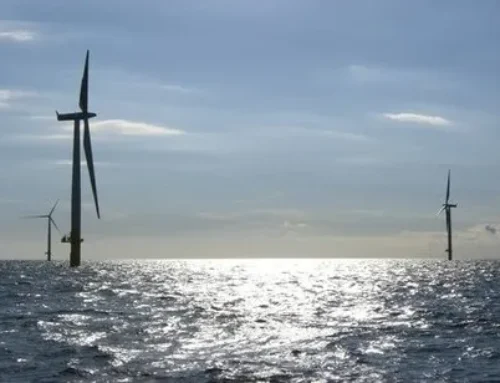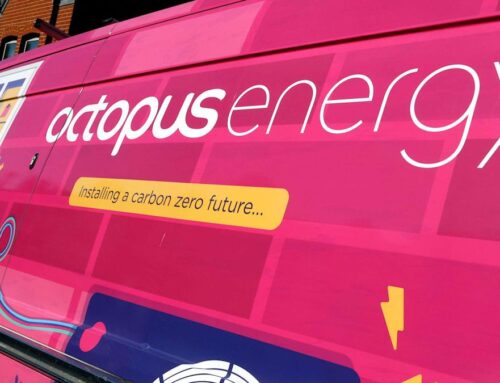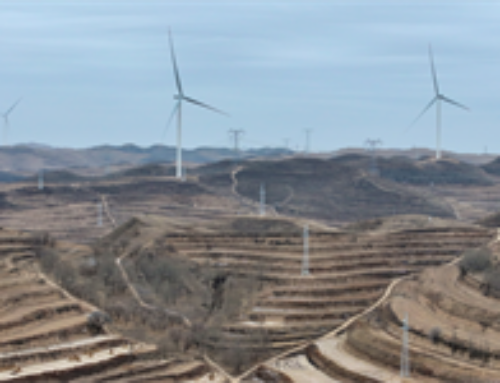Allianz Exec: Climate Change An Existential Threat To Capitalism
April 4, 2025
Günther Thallinger, a long-time executive and board member of Allianz—the world’s largest insurer—is warning that capitalism will cease to be viable as a result of climate change.
Thallinger has been with the Munich-based Allianz since 2009, giving him valuable insight into the insurance and financial markets. In a post on LinkedIn, Thallinger warns that climate change is already posing an existential threat to capitalism, and things will quickly reach a breaking point.
CO₂ emissions directly increase the amount of energy trapped in the Earth’s atmosphere. This is not a vague or future issue—it is physical reality. The more emissions, the more energy retained. The more energy, the more extremely the atmosphere behaves. Storms intensify. Heatwaves last longer. Rain falls harder. Droughts cut deeper. This is the first principle.
These extreme weather phenomena drive direct physical risks to all categories of human-owned assets—land, houses, roads, power lines, railways, ports, and factories. Heat and water destroy capital. Flooded homes lose value. Overheated cities become uninhabitable. Entire asset classes are degrading in real time, which translates to loss of value, business interruption, and market devaluation on a systemic level.
Thallinger then goes on to highlight that entire regions are already becoming uninsurable, a trend that will only continue as temperatures rise.
The insurance industry has historically managed these risks. But we are fast approaching temperature levels—1.5°C, 2°C, 3°C—where insurers will no longer be able to offer coverage for many of these risks. The math breaks down: the premiums required exceed what people or companies can pay. This is already happening. Entire regions are becoming uninsurable. (See: State Farm and Allstate exiting California’s home insurance market due to wildfire risk, 2023).
The executive also shoots down the theory that governments will step in where private insurers fall short, saying the amount of loss will become too great for even governments to offset. Once that happens, capitalism is done.
Once we reach 3°C of warming, the situation locks in. Atmospheric energy at this level will persist for 100+ years due to carbon cycle inertia and the absence of scalable industrial carbon removal technologies. There is no known pathway to return to pre-2°C conditions. (See: IPCC AR6, 2023; NASA Earth Observatory: “The Long-Term Warming Commitment”)
At that point, risk cannot be transferred (no insurance), risk cannot be absorbed (no public capacity), and risk cannot be adapted to (physical limits exceeded). That means no more mortgages, no new real estate development, no long-term investment, no financial stability. The financial sector as we know it ceases to function. And with it, capitalism as we know it ceases to be viable.
Thallinger then goes on to make the point that nothing else really matters, when compared with solving this crisis.
Capitalism must now solve this existential threat. The idea that market economies can continue to function without insurance, finance, and asset protection is a fantasy. There is no capitalism without functioning financial services. And there are no financial services without the ability to price and manage climate risk.
There is only one path forward: prevent any further increase in atmospheric energy levels. That means keeping emissions out of the atmosphere. That means burning less carbon or capturing it at the point of combustion. These are the only two levers. Everything else is delay or distraction.
Thallinger’s post is just the latest to point out the real-world issues that climate change is causing, shining a light on just how far-reaching those consequences will be.
Search
RECENT PRESS RELEASES
Related Post



